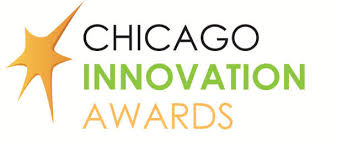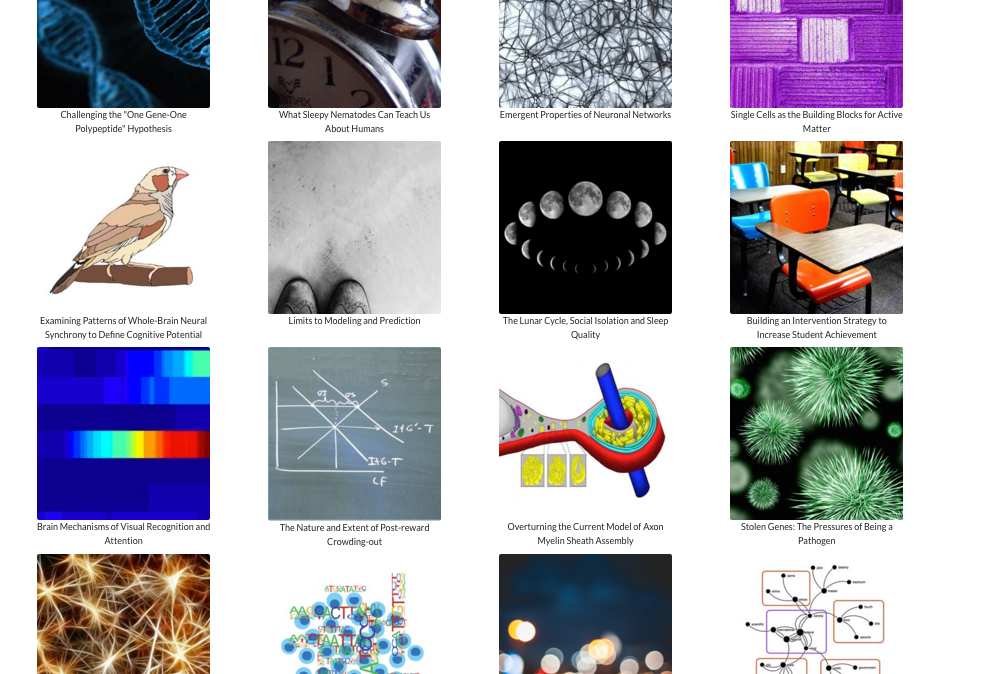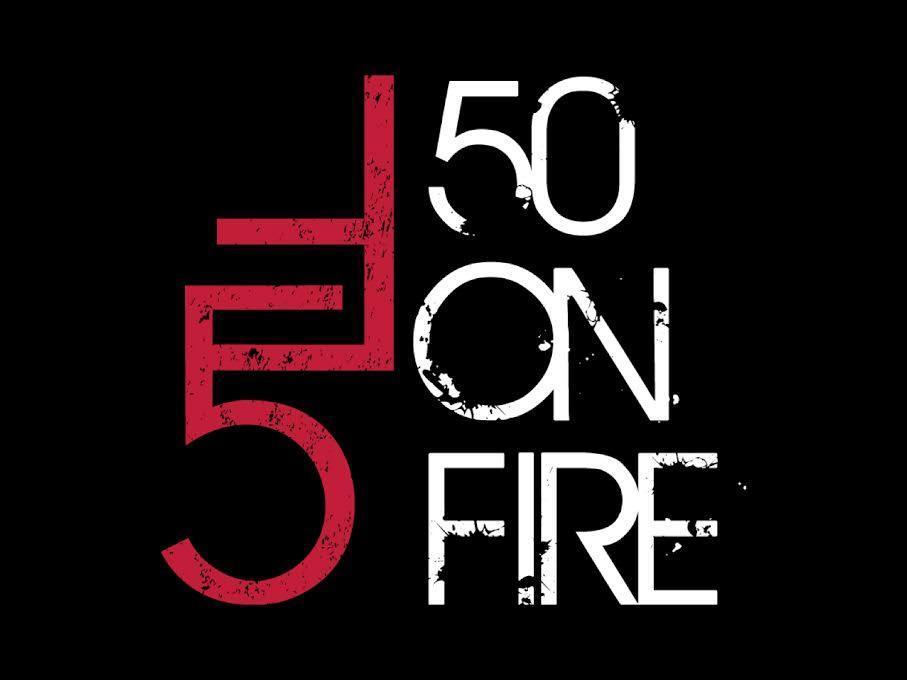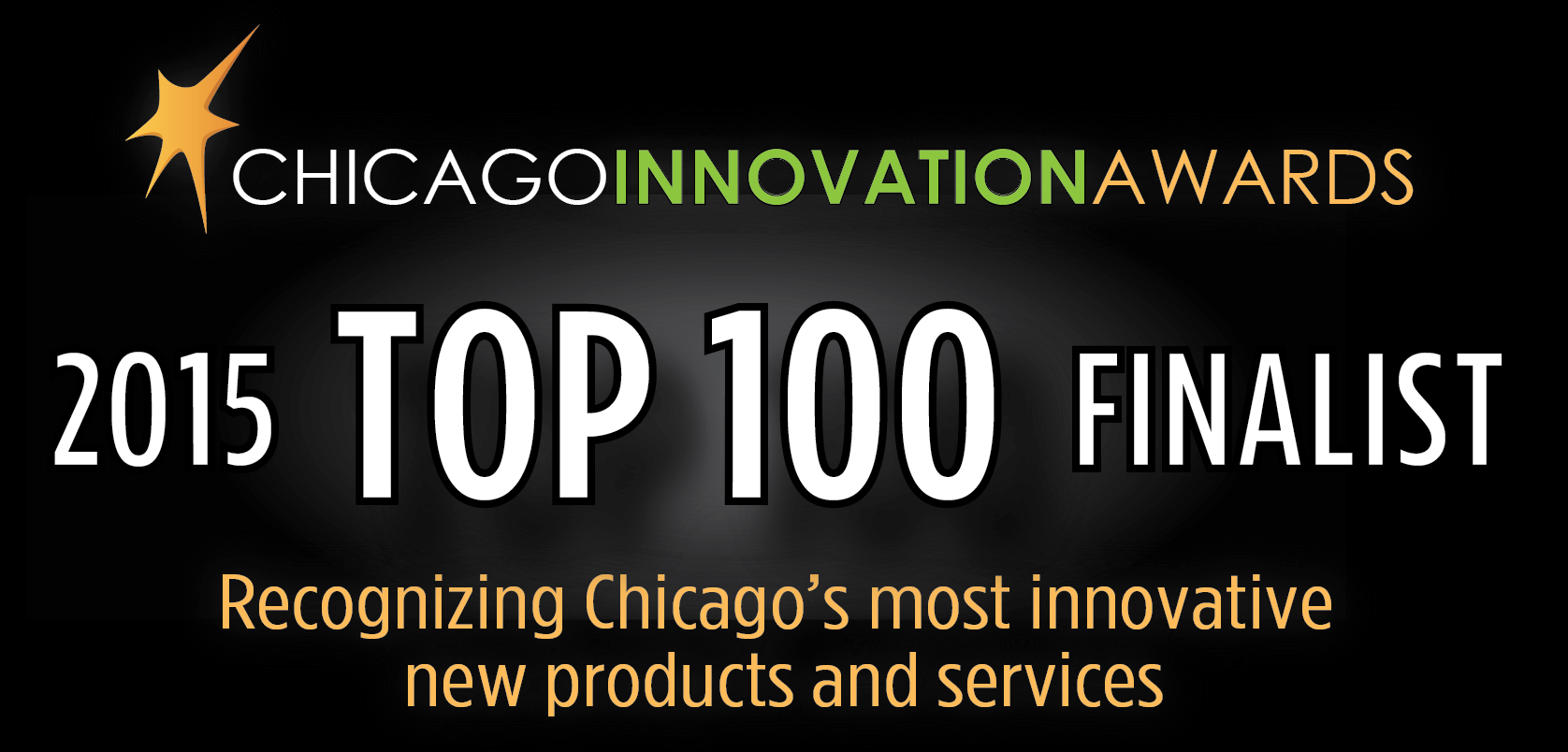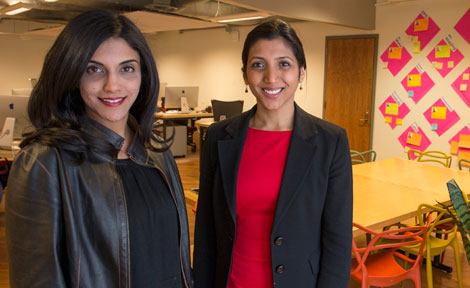by Karis Hustad of ChicagoInno
University of Chicago neuroscience researchers had a bit of a crazy idea. In their previous work they found evidence that the formation of the myelin sheath, which facilitates rapid nerve conduction, might originate elsewhere in the cell than scientists currently believe.
A discovery such as this would fundamentally change our understanding of the structure of a neuron, and shift the basis on which scientists understand neural disorders. And if it proves true, it could provide new pathways to treatments of multiple sclerosis (MS), malnutrition, and traumatic brain injury.
But funding world-shifting science can be tough. As federal money for research continues to shrink, national institutes have to be more judicious in the projects they fund, often going for more conservative and results-oriented projects. Foundations have stepped in, but often search for ideas specific to their cause. Moonshot ideas, such as the myelin sheath research, that are risky but have the potential to change our way of thinking often struggle to find support.
With that in mind, last year UChicago launched the Big Ideas Generator (BIG) out of Arete, a center focused on encouraging large scale multidisciplinary thinking across the university. The sole purpose of BIG is to find these slightly outlandish proposals, and give researchers seed funding and resources to break ground. The risk is apparent, but the university hopes that thinking big could also offer a big payout in driving innovation forward at a time when broad funding for these projects is slowing.
Since launching last year, BIG has awarded over $1 million total to over 30 projects at two levels: seed fund, which awards up to $30,000 for early stage ideas, and vision fund, which awards up to $100,000 to lay the framework for a potential large scale project.
"The first question on our application is: 'how will this change the way we think?'" said Elena Zinchenko, director of research innovation at BIG.
But it isn't all risk. Once applicants apply for funds, they work with the center to create a two year strategy plan for how to move forward once the initial research is finished. From there, BIG can connect researchers with foundations and other funding opportunities. This actually manages risk, they pointed out, because if they have to change their hypothesis or project direction after initial studies, they are able to create a stronger hypothesis on which to build future research, without wasting a lot of money. "It's great to infuse a little bit of money and have that question answered or that direction changed early on instead of working on something with a million dollars for two years," added Meera Raja, assistant director of innovation.
Big thinking requires broad perspectives, so they host "chalk talks" that allows researchers a chance to present their half-baked ideas, questions, and risky ideas with the hope that someone from another field might offer a new way of looking at a common problem. For example, at one chalk talk connected ecology and social science researchers, who have now joined up to use population biology to gain insight into the foster care system.
Currently BIG is a bit of an experiment within itself. They are funded by the Templeton Foundation, but on a limited grant to see how things pan out. However, they anticipate once they prove their method has merit, they may be able to bring together different foundations and universities to collaborate on projects to keep the program going.
Originally published by Karis Husted of ChicagoInno with the title "How UChicago's Big Ideas Generator is Funding Researchers' Moonshot Projects" (source).


